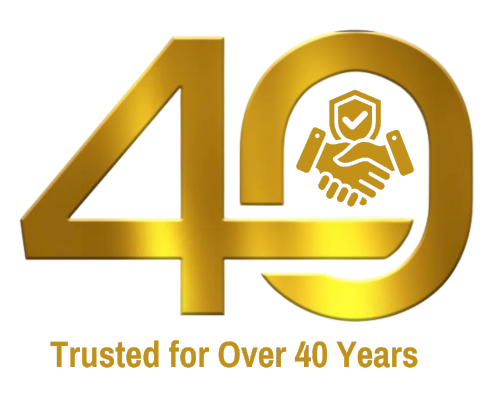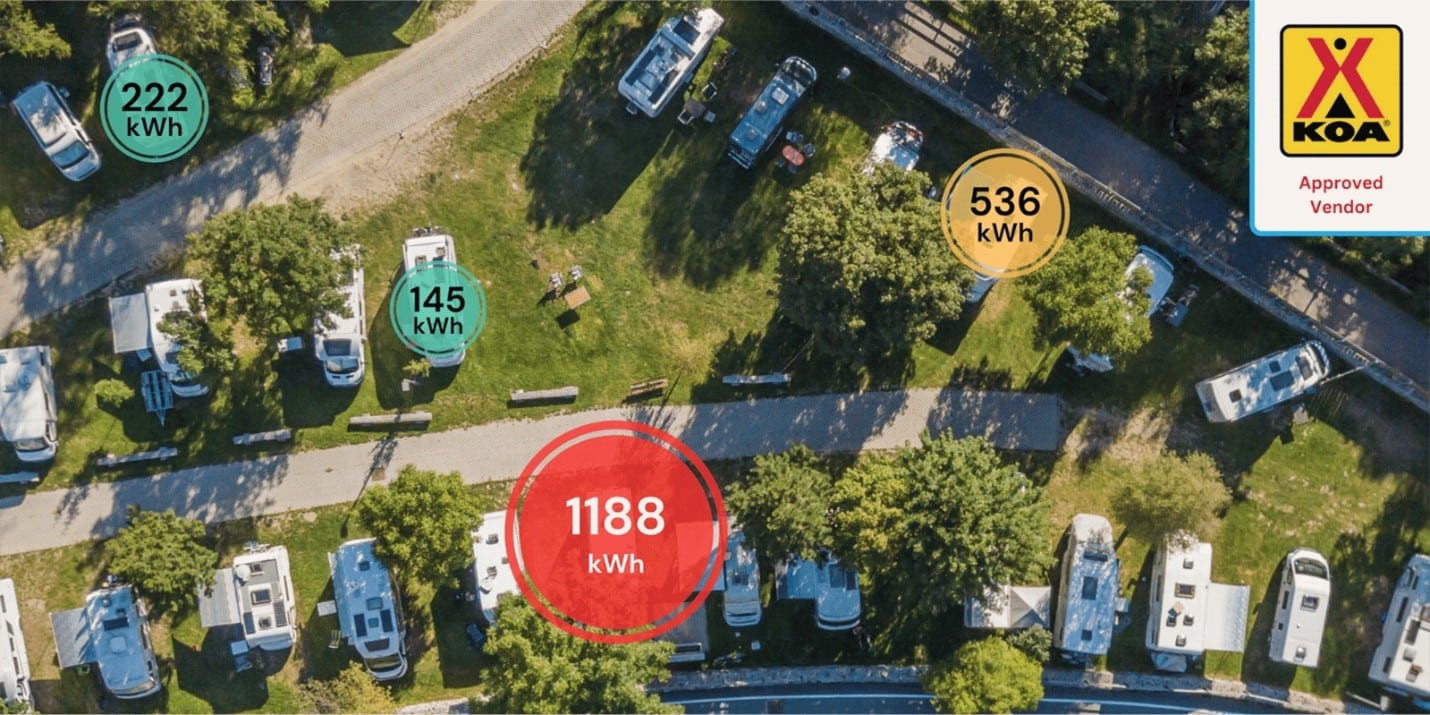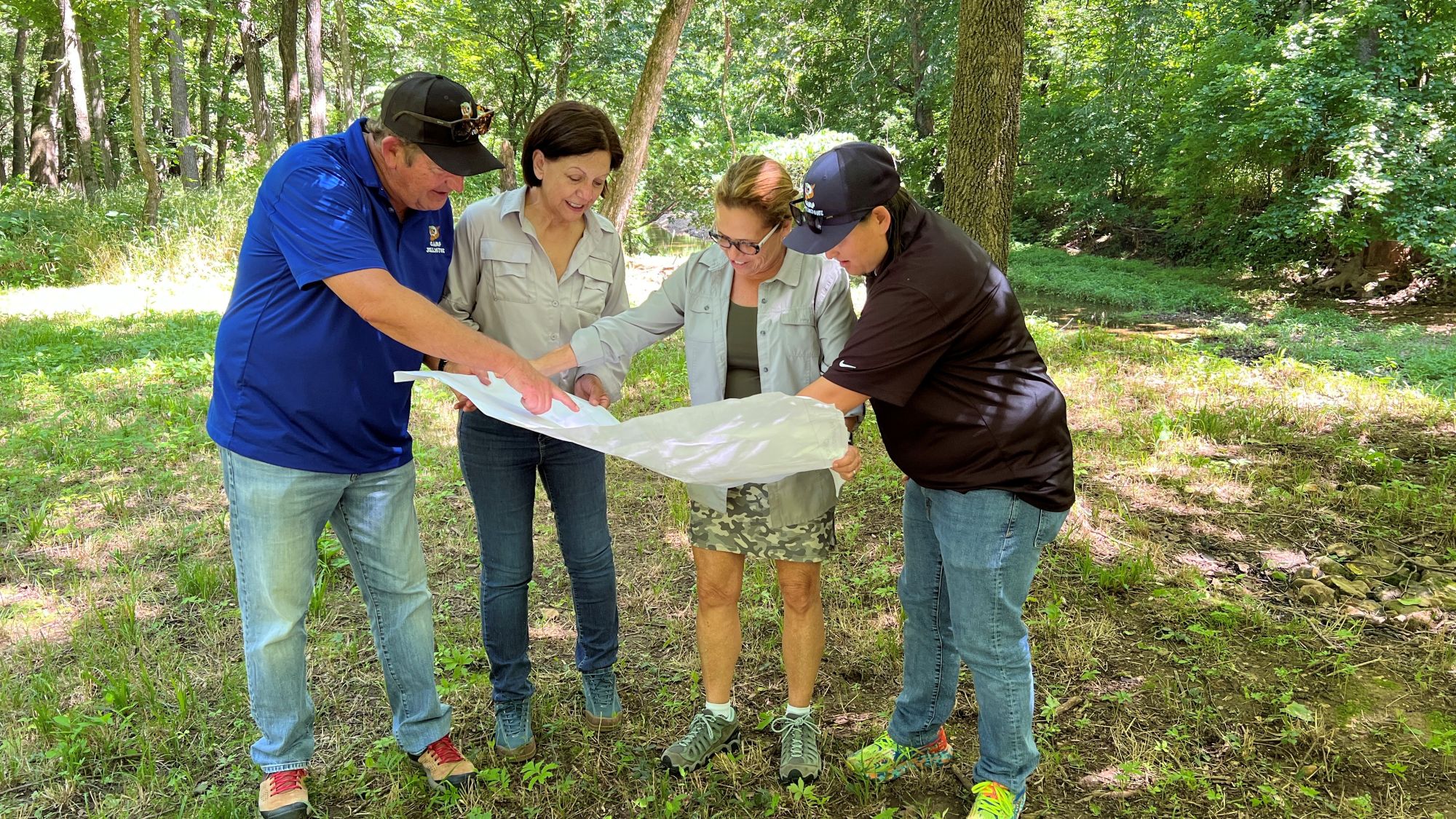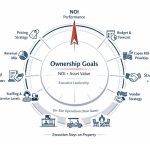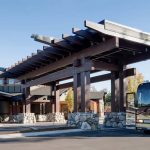Is Your Campground Idea Feasible? Key Factors to Consider Before Investing

If you’ve been dreaming about owning a campground or RV park, you’re not alone. The idea of creating a space where people can escape, unwind, and connect with the outdoors is appealing—and in the past few years, the demand for well-run campgrounds has never been stronger. But before you start sketching out your site map and pricing out fire pits, let’s talk about the most important question: Is your campground idea actually feasible?
The reality is, not every great location makes a great campground, and not every dream should become a development project. The difference between a thriving campground and a financial headache often comes down to proper planning.
At Campground Consulting Group, we guide developers through the critical first steps, ensuring they have a realistic strategy before investing significant time and money. Whether you’re starting from scratch or expanding an existing park, here are the key factors to consider when evaluating feasibility.
1. The Right Location: More Than Just a Pretty View
You might have found a beautiful piece of land, but that doesn’t necessarily mean it’s a good fit for a campground. Location is about accessibility, market demand, and infrastructure just as much as it’s about scenery.
Ask yourself:
- How close is it to major highways or tourist attractions? A remote, hard-to-reach site may struggle to attract guests.
- What’s the competition like? Are there already successful parks nearby? Are they often full, or are they struggling to stay occupied?
- What’s the local climate like? Seasonal limitations can impact revenue. A park in a harsh winter climate may need strong off-season revenue sources.
Finding the right land for a campground isn’t just about what’s available—it’s about what’s viable.
2. Zoning and Permitting: Can You Even Build It?
One of the biggest roadblocks to new campground development is zoning and permitting. Many new developers assume they can buy land and start building, only to discover that the local government has different plans.
Before you invest, research:
- Zoning laws – Is the land already zoned for a campground, or will you need a special permit?
- Environmental restrictions – Wetlands, flood zones, and conservation areas can all impact development.
- Septic and water access – A lack of utilities can quickly turn an affordable piece of land into a costly nightmare.
It’s always best to meet with local officials early to understand the regulatory landscape. A site that seems ideal on paper can become a bureaucratic maze if zoning isn’t in your favor.
3. Market Demand: Will Campers Actually Come?
A campground isn’t just a piece of land with hookups—it’s a business. And like any business, success depends on demand.
Before committing, conduct a market analysis to understand:
- Who your target audience is – Are you catering to weekend warriors, long-term RVers, or families on vacation?
- What type of camping is in demand – Full-hookup RV sites? Tent camping? Glamping? Seasonal stays?
- Pricing expectations – What are comparable parks charging, and can you be competitive?
Many first-time developers overestimate demand. Just because you would camp there doesn’t mean others will. A proper feasibility study will help determine whether the market can support a new campground.
4. Infrastructure Costs: What Will It Take to Build?
Developing a campground isn’t just about clearing some land and putting in a few campsites. The cost of infrastructure can make or break a project.
Some key considerations:
- Road access – Will you need to build or upgrade roads to handle RV traffic?
- Utilities – Can you tap into existing water, sewer, and electricity, or will you need expensive installations?
- Site grading and drainage – Poor drainage can lead to major operational problems down the road.
Many first-time developers underestimate costs, thinking they can add features later. The reality is, the big-ticket infrastructure items must be addressed upfront.
5. Financial Feasibility: Can It Actually Be Profitable?
Even if everything else checks out—great location, strong demand, reasonable infrastructure costs—there’s still one critical question: Can this project make money?
A strong financial model should include:
- Projected revenue – How many nights do you realistically expect to book? What are your peak and off-season rates?
- Operational expenses – Labor, utilities, maintenance, insurance, and marketing all add up.
- Debt and financing – How will you fund the development, and what are your break-even projections?
Too often, people fall in love with the idea of a campground without doing the financial due diligence. A feasibility study will help determine whether your investment makes sense—or if you should reconsider your approach.
6. Exit Strategy: What’s the Long-Term Plan?
This may seem like an odd thing to think about before you even start, but a good business plan always includes an exit strategy. Are you building this park as a long-term family business, or do you plan to sell it in 5-10 years?
Buyers are looking for:
- Parks with strong financial performance
- Modern, well-planned infrastructure
- Operational systems that allow for easy management
Thinking about long-term value from the start ensures that you build a park that retains its worth—whether you keep it or sell it.
The Bottom Line: Feasibility First, Investment Second
Many campground dreams never get off the ground because developers jump in without fully understanding the feasibility. The best projects start with a clear strategy, realistic financial projections, and a solid understanding of the market and regulatory landscape.
At Campground Consulting Group, we help developers assess the feasibility of their campground ideas through:
- Market analysis – Understanding demand, competition, and pricing.
- Financial modeling – Determining if the investment makes sense.
- Site evaluation – Reviewing zoning, infrastructure needs, and regulatory hurdles.
Before you commit, let’s take a step back and make sure your idea is truly viable.
Thinking About Developing a Campground? Let’s Talk.
If you’re considering a campground investment, we can help you evaluate the feasibility before you spend thousands (or millions) on development.
Contact us today for an initial consultation.
[Insert Contact Information]
A great campground doesn’t start with a piece of land—it starts with a solid plan. Let’s make sure you have one.

